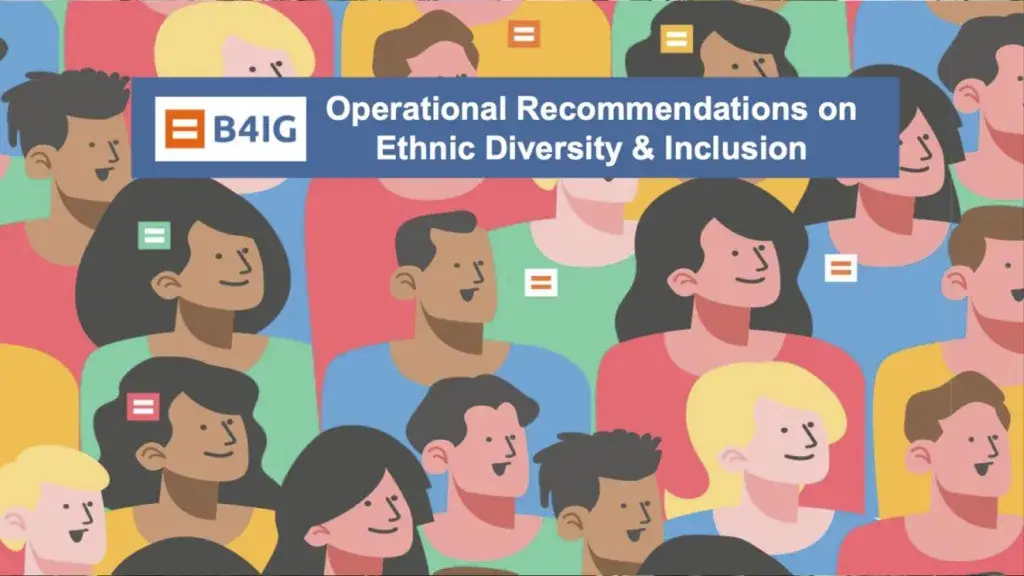In today’s global economic setting, an increasing number of workers travel outside their home countries in pursuit of decent work, better livelihood opportunities, and stable environments. These migrant workers represent almost 164 million people worldwide, with women making up 48.4% (ILO, 2022). They play a core role in the global economy by bridging critical labour shortages in destination countries and by developing their own countries through business, trade networks and remittances.
During this professional journey, workers, particularly low-skilled workers, can be subject to discrimination, recruitment mistreatment, and exploitation due to the irregular conditions and environments to which they are exposed. Governments, international organisations, civil society, and the private sector must collaborate to address this cross-sectoral and global concern. Employers and service providers in particular have a responsibility to take additional steps to address risks for migrant workers and protect their human rights.
In this context, the B4IG workstream on Fair Recruitment, under the leadership of VINCI, has developed a toolkit that aims to help companies and service providers strengthen their recruitment practices and models for migrant workers.
Building on the ILO’s Fair Recruitment Principles, IOM’s Guidance, Dhaka Principles, and businesses’ best practices the toolkit presents six elements across the recruitment journey, with a compilation of 14 operational tools from member companies. It provides operational information in each chapter through key actions, and a checklist on how to choose a recruitment agent, how to implement a no-fees recruitment policy, and how to design and create an effective grievance mechanism, among other steps.
Summary of Toolkit
Chapter I: Policies and procedures : setting up and communicating to stakeholders.
Chapter II: Screening, contracting and monitoring: to select ethical recruiters.
Chapter III: Transparent access to accurate information: in the orientation, employment contracts, and the work period.
Chapter IV: Pre-departure and travel : documents, and steps to announce.
Chapter V: Grievance and remediation : principles and processes.
Chapter VI: Repayment of recruitment fees: methods to investigate and reimburse.
Learn more
B4IG Fair Recruitment Toolkit for Employers & Service Providers – Long Version
B4IG Fair Recruitment Toolkit for Employers & Service Providers – Shortened Version
Tools
Tool 1: Recruitment policy template
Tool 2: Fair recruitment costs responsibility matrix
Tool 3: Recruitment services agency agreement template
Tool 4: Recruitment agency inspection checklist template
Tool 5: Employment offer template
Tool 6: Employment contract template
Tool 7: Passport consent form template
Tool 8: Grievance form template
Tool 9: Grievance flow chart
Tool 10: IOM fair and ethical recruitment due diligence toolkit guide
Tool 11: IOM DD grievance and remediation management tool
Tool 12: IOM DD grievance and remediation management tool
Tool 13: Recruitment fee investigation checklist template
Tool 14: Recruitment fee reimbursement policy template
Related
Content

B4IG publishes Key Learnings from its work cycle on Living Wage
12 July, 2023

B4IG publishes 13 indicators to analyze and measure the social challenges of the Just Transition
13 March, 2023

B4IG publishes Operational Recommendations on Ethnic Diversity & Inclusion
18 October, 2022
